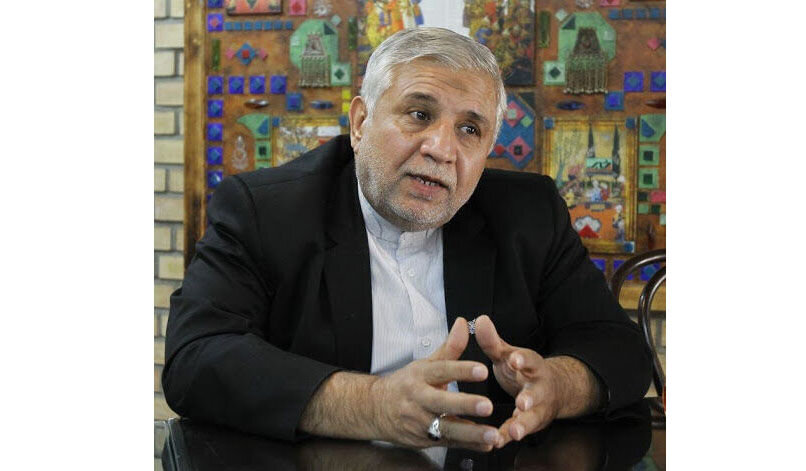Ex-diplomat urges intl. community not to keep silent over U.S. violation of human rights

TEHRAN - Mohsen Pakaeen, the former Iranian ambassador to Azerbaijan, has urged the international community not to keep silent over the United States’ violation of the human rights when the world is battling the coronavirus pandemic.
“The international community must respond to the United States’ behavior and make this country fulfil its duties regarding respect for human rights,” Pakaeen told IRNA in an interview published on Tuesday.
He also said, “In a situation in which all countries in the world and international institutions, even [the United Nations] High Commissioner for Human Rights, stress the necessity of removing sanctions on countries battling the coronavirus, we are witnessing the United States’ healthcare terrorism against our country.”
The former ambassador also said that all countries should counter the U.S. inhuman policies unitedly.
Donald Trump’s administration has refused to remove sanctions on Iran even when the country is fighting the coronavirus.
Democratic U.S. presidential nominee Joe Biden said on April 2 that Trump’s administration must ease economic sanctions on Iran as a humanitarian gesture during the global coronavirus pandemic.
Biden said the U.S. has a moral obligation to be among the first to offer aid to people in need regardless of where they live when confronting a virus that knows no borders or political affiliations, according to Aljazeera.
Chris Murphy, the U.S. senator from Connecticut, warned on April 13 that the Trump administration could be partially responsible for “the death of innocent people” if it continues its current policies towards Iran amidst the epidemic.
“If this epidemic continues to grow and spread in Iran it will…result in the death of innocent people, partially as a result of U.S. policy that does not accrue to the national security benefit of our country,” he told reporters on a conference call, The National Interest reported.
“Remember, if we don’t beat it there, we don’t beat it here. This virus doesn’t respect borders,” he added. “It’s just good public health policy to help even our adversaries beat back this scourge.”
Murphy had penned a March 26 letter, signed by ten other Democratic senators, asking the Trump administration to ensure that Iran and Venezuela can import medical supplies and other humanitarian goods to deal with the coronavirus outbreak.
Murphy also wrote on his Twitter page on April 6 that Iranians are dying of coronavirus partly because of U.S. sanctions.
“Innocent civilians are dying there in part because our sanctions are limiting humanitarian aid during coronavirus,” he tweeted.
On March 31, a UN human rights expert called for lifting international sanctions against countries ranging from Iran to North Korea and Venezuela in coronavirus crisis, according to Reuters.
“The continued imposition of crippling economic sanctions on Syria, Venezuela, Iran, Cuba, and, to a lesser degree, Zimbabwe, to name the most prominent instances, severely undermines the ordinary citizens’ fundamental right to sufficient and adequate food,” Hilal Elver, UN special rapporteur on the right to food, said in a statement.
Elver, an independent expert, said that it was a matter of “humanitarian and practical urgency to lift unilateral economic sanctions immediately”.
In a letter to the G-20 economic powers on March 24, UN Secretary-General Antonio Guterres called for rolling back international sanctions regimes around the world.
Guterres said sanctions are heightening the health risks for millions of people and weakening the global effort to contain the spread of the new coronavirus, Foreign Policy reported.
“I am encouraging the waiving of sanctions imposed on countries to ensure access to food, essential health supplies, and COVID-19 medical support. This is the time for solidarity, not exclusion,” he said.
“Let us remember that we are only as strong as the weakest health system in our interconnected world,” the UN chief said.
Michelle Bachelet, the UN high commissioner for human rights, also said on March 24 that “in a context of a global pandemic, impeding medical efforts in one country heightens the risk for all of us.”
“At this crucial time, both for global public health reasons, and to support the rights and lives of millions of people in these countries, sectoral sanctions should be eased or suspended,” she said in a statement.
NA/PA
Leave a Comment